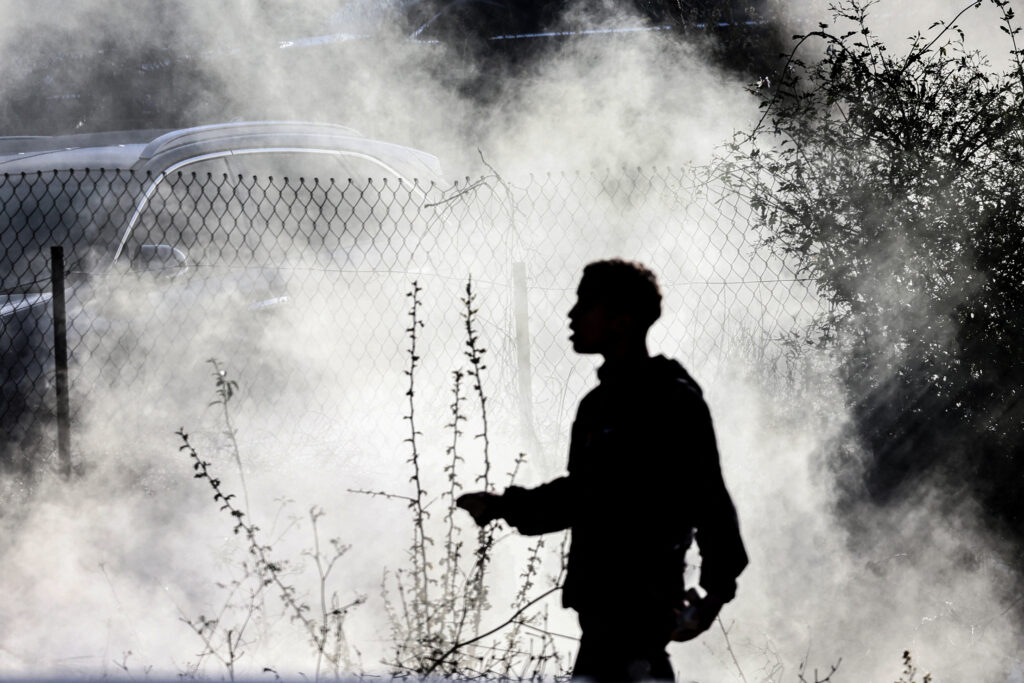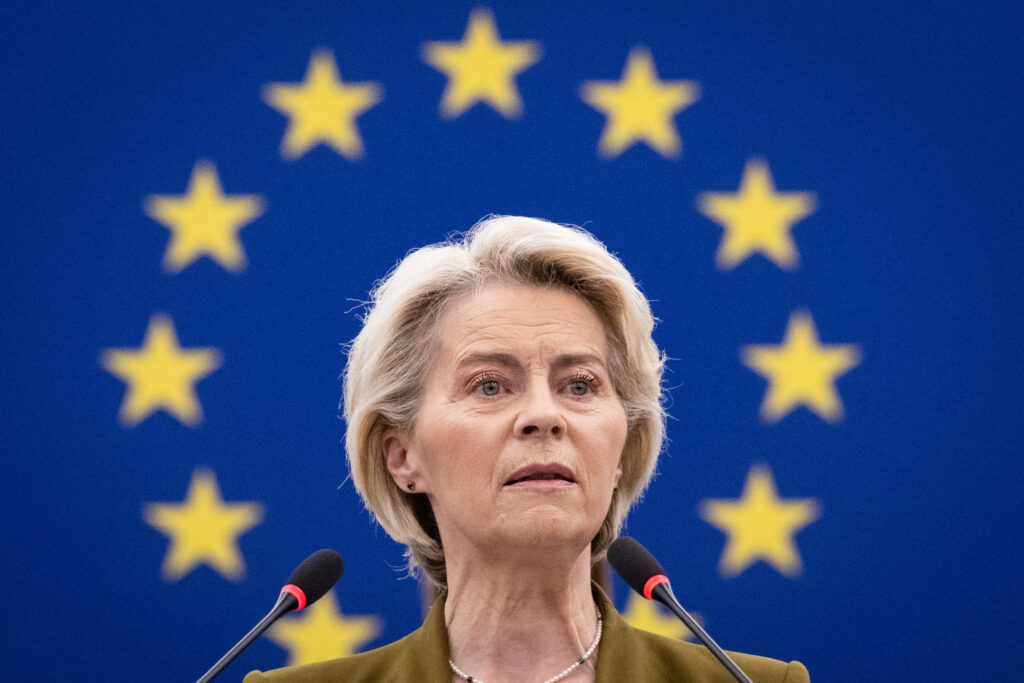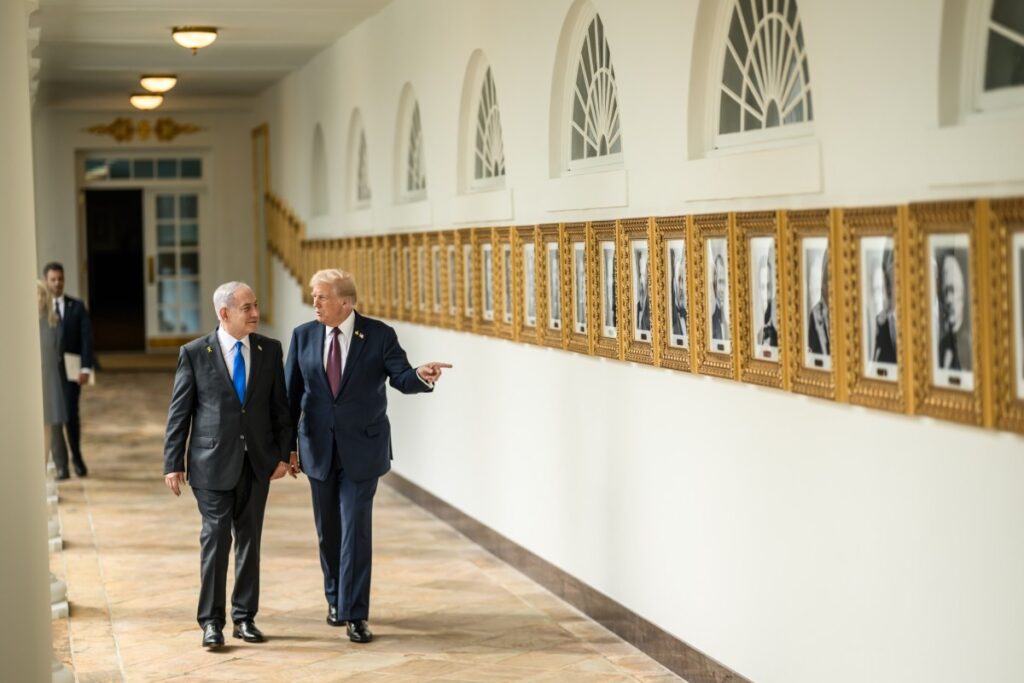Download Insight 83 Shlapentokh
By Dmitry Shlapentokh
Kavkaz Center, the major internet publication of the North Caucasian resistance, recently published a number of articles showing that many fighters from the North Caucuses are in Syria and are actively fighting on the side of the opposition. The publication noted that one of the prominent members of the resistance, Rustam Geleav, was killed in Syria by al-Asad forces this past August.[1] This fact provides insight not just into the nature of North Caucasian opposition but also demonstrates the complexity of the global Islamist opposition. In this essay, I explore how this global opposition is not as unified as one might assume, and how global conflicts breed unlikely allies. Indeed, Islamists from the North Caucasus could partner with the United States in opposition to the al-Asad government.
North Caucasian Islamists’ Evolution and Views Toward the United States
The conflict in the Northern Caucasus, mainly in Chechnya, erupted almost at the very beginning of the post-Soviet era. At the start of the conflict, Chechens were principally inspired by the nationalist goal of separation from Russia. After the second Russo-Chechen war erupted in 1999 (the first lasted from 1994 to 1996), the Chechen resistance became increasingly Islamist, and by 2007 Dokka Umarov, the leader of the resistance, advocated less for a Chechen state than for a kind of pan-Islamic Caucasian emirate. Umarov indicated that the reason for this change in ideology was religious in nature, and he implied that true Muslims, regardless of their ethnicity, should follow internationalism. In Umarov’s and other Chechen Islamists’ view, the emphasis on nationalism was in fact the cause of their defeat in the first war with Russia. As such, in their eyes, it is not national pride but God who can grant victory. Still, religion in itself is not the only reason for Umarov’s ideological transition. The emphasis on internationalism in its Islamic variation attracts people of various origins from all over the Northern Caucasus where Islam has been historically dominant’and thus increases numbers in the opposition.
Umarov also proclaimed that the North Caucasian resistance would support Islamic resistance wherever it occurred. And when the Arab Spring erupted, he stated that North Caucasian resistance would be on the side of any Muslim movement prepared to fight against non-Muslim and pseudo-Muslim regimes, and he and other contributors of Kavkaz Center praised the Syrian opposition, describing those involved as kindred spirits.[2]
From Umarov’s statements, one might assume that the members of the North Caucasian resistance are fighting in Syria and elsewhere because of purely ideological, religious reasons, which is true for at least some of them. They consider that the al-Asad regime, composed of Alawites, who comprise an offshoot and quite heterodox sect of Shii Islam, is not truly Muslim. As the Chechens and other people of the North Caucasus are Sunni, they may view these Shia as heretical non-Muslims.
In this religion-based context, the North Caucasian resistance would appear to be a mortal enemy of the United States’the force that subjugates Muslims, both Sunnis and Shi all over the world. It is true that Umarov has blasted America as one of the enemies of true Islam. He noted, for instance, that some infidels assume that they are the rulers of the world. The United States belongs to this category of infidels, he said. They assume that they have the right to dub [any group] terrorist.'[3] As such, when the Western media noted that Chechens and other Muslim people from the Northern Caucasus were fighting alongside American forces in Afghanistan, Kavkaz Center downplayed this information as mere rumor, despite the fact that some Chechens were proud that their fighters were tough enough to fight with the Americans.
The Kremlin insists that because North Caucasian resistance is composed of Muslim extremists, it is the enemy of both Moscow and Washington. Moscow has on many occasions expressed the desire to work with Washington against the group. The April 2012 Washington promulgation that the Caucasian emirate is a terrorist organization was encouraged by Moscow’at least in Umarov’s view.[4] Still, despite their troubles with the United States, leaders of the resistance have often sent a different message to the West. While supporting global jihad, they insist that fighting Moscow is their priority. As a result, they are open to cooperating with Washington in that it would put pressure on Russia. This model can also be seen in the resistance’s approach to the conflict in Syria, which underscores how revolutionary movements’ doctrinal rigidity can be combined with tactical flexibility. Indeed, the purity of doctrine can well be sacrificed if it helps revolutionaries gain power.
Allying with the United States in the Fight for Syria
The U.S. government is at least verbally committed either to toppling the regime in Tehran or at least to deprive it of nuclear weapons. Because Syria is an important ally, even proxy for Iran, Washington is particularly anxious to see the al-Asad regime overthrown. The U.S. government is not engaging in the conflict directly, but it provides support’both direct and indirect’to the forces resisting the regime. Many of those who are fighting al-Asad are Islamist.[5] This strong presence of Islamists has not seemed to bother Washington too much, and the Obama administration supported the opposition until the rise of a strongly anti-American Islamism in October, particularly in response to the American Islamophobic film, Innocence of Muslims. Despite these developments, some believe that Washington has continued to support the Islamists.[6]
Washington has been assuming that it can manage and engage Islamists in Egypt, Libya, and beyond, implicitly making them its allies, or at least using them to destroy al-Asad and hence weaken the regime in Iran. One might regard these plans as absurd, or at least perilous, if one remembers U.S. tactics in Afghanistan. Still, one should remember that two major issues help define current U.S. policy. On the one hand, U.S. resources are quickly dwindling, as can be seen in the Obama administration’s sequestration plan. On the other hand, the United States wants to at least weaken the regime in Tehran. These circumstances induce Washington to engage in the risky policy of indirectly supporting Islamists by, for example, supporting the United Kingdom in its training of the Syrian opposition or by directly supporting Saudi Arabia and other Gulf states for which Iran constitutes a threat.
Moscow is supporting the al-Asad regime. Together with Beijing, it has been strongly opposed to American intervention in Syria. The reason for Moscow’s support is not an abstract attachment to al-Asad or to Iran. Moscow’s relationship with Tehran is in fact rather tense, especially after it joined in the sanctions against Iran in 2010. Rather, Moscow regards the attack against al-Asad, and by association against Iran, as a means of fostering the continuity of Western’mostly American’hegemony in the region, particularly the U.S. policy of preventive wars started by Clinton in 1999 against Serbia and continuing through the Bush and Obama administrations. Moscow may be assuming that any legitimization of a strike against Damascus would legitimize any American strike in the future and endanger Moscow’s position in Syria, where Russia has a military base and other interests.
With the Syrian regime a clear enemy of the United States, the North Caucasian Islamist opposition has become a de facto American ally in Syria. A contributor to Kavkaz Center noted in July 2012 that the resistance is supporting anti-al-Asad forces not because North Caucasian Islamists want to engage in global jihad but because they regard al-Asad as a friend of their major enemy: Moscow. The author mentioned that Moscow is also America’s enemy.[7]
Kavkaz Center contributors claim that the North Caucasian Islamists are quite numerous and powerful and could provide substantial help to Washington if the United States would openly back them in their struggle against Russia. Moreover, even al-Qaida could cooperate with, or at least be neutral toward, Washington and the West in general if such a relationship would respect its interests. Ayman al-Zawahiri, who succeeded Osama bin Laden as al-Qaida’s leader, stated in an interview published by Kavkaz Center that he could be an intermediary between the West and al-Qaida. Provided that the West does not impose its will upon the Muslim world, it might find that a more peaceful arrangement could be achieved.[8]
By publishing such an interview with al-Zawahiri, Kavkaz Center sends an implicit message to Washington that it would welcome its support in the form of help ranging from funding to weapons’or at least in the form of not hampering the delivery of funds or weapons (much in the same way that the United States has been supporting the Syrian resistance). At the same time, Kavkaz Center implied that North Caucasian Islamists would help the United States to topple al-Asad. This practical symbiosis, a peculiar marriage of convenience, does not necessitate any ideological affinity.
Conclusion
Without a proper understanding of context, interests, and allegiances, one might assume that all of those who engage in Islamism in the Middle East and beyond constitute groups who share common beliefs, goals, and strategies and act in full coordination with each other. Yet, the picture is more complex. While North Caucasian Islamists share many of the aims of their counterparts in the Middle East, such as al-Qaida, their major goal is to bring about the end of the regime in Moscow and to achieve an independent Chechnya. To achieve these goals, they might be prepared, at least temporarily, to shelve their hatred of the United States and strike an alliance with Washington.
Dmitry Shlapentokh is Associate Professor of History at Indiana University South Bend. He holds an M.A. from Moscow State University, an M.A. from Michigan State University, and a Ph.D. from the University of Chicago. He has taught and had research appointments at Harvard University’s Russian Research Center and Stanford University’s Hoover Institution. Dr. Shlapentokh is also the author or editor of several books, including The Proto-totalitarian State: Punishment and Control in Absolutist Regimes (2007) and Russia between East and West: Scholarly Debates on Eurasianism (2006).
[1] Rodstvennik Rustama Gelaev soobshehil druguiu versiiu ego smerti v Sirii, Kavkaz Center, 23 August 2012.
[2] Asia Times: Incredible Ally of Washington ÔÇô Jihadist Kavkaz Center,’ Kavkaz Center, 29 July 2012.
[3] Amir Imarata Kavkaz Dokku Abu Usman: Otvety na voprosy, Kavkaz Center, 15 Apreal 2012.
[4] Ibid.
[5] Gary Gambill, Two Cheers for Syrian Islamists, Foreign Policy, 23 August 2012. Noman Benotman, the analyst and former Islamist from the United Kingdom, also noted that Islamists play the most important role in the fight against al-Asad. F. Pleshchunov: Rol’ dzhikhadistov v siriiskom oppozitsionnom dvizhenii, Central Asia.ru, 6 September 2010.
[6] Anton Evstratov, Treugol’nik SshA’Saudovskaia Araviia’Al’-Kaida v Sirii, Iran News, 28 October 2012.
[7] Asia Times: Incredible Ally of Washington’Jihadists, Kavkaz Center, 29 July 2012. Polkovnik spetsnaza SShA Robert Shafer rasskazal o Dzhikhade v Imarate Kavkaz, Kavkaz Center, 10 November 2011.
[8] Brother of Al Qaeda Emir Proposed 10-year Truce between Al Qaeda and America, Kavkaz Center, 14 September 2012.





